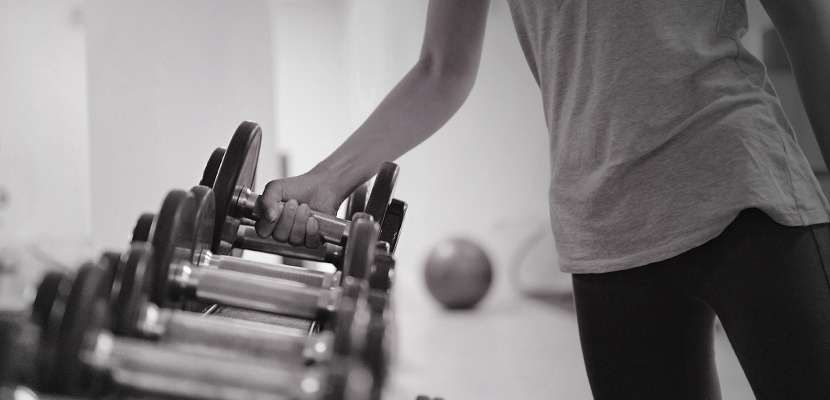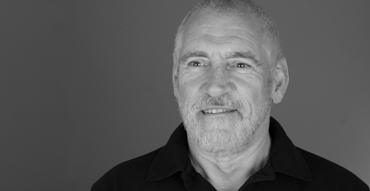Mental Health in Elite Performers - different challenges AND different skills
05 Jun 2018

Concern with mental health is a hot topic across all aspects of human behaviour. Positively, people are waking up to the fact that Mental Health Issues (MHIs) can be just as debilitating – or even more so – than the more obvious physical injuries or disabilities which we may encounter. As a consequence, courses such as the Mental Health First Aid are being provided for groups and workforces. Important, since the stigma of MHIs, coupled with a lack of understanding is often a major factor in exacerbating the impact.
This concern has extended into the performance world. Professional sportspeople speak openly about past and present challenges from MHIs, whilst in the performing arts world there is a recognition of how often elites are ‘haunted’ by ongoing issues often throughout their careers. However, when looking at mental health in elite performance we need to recognise that high-level performers are different to the rest of the population in ways which can have both negative and positive consequences. This should come as no surprise since it only parallels the physical differences which help to make them great. You only need to think of Athlete Heart Syndrome or the hypermobility coupled with high levels of muscular strength which are often a consequence of commitment to training. So what are the differences on the mental side?
On the negative side, high levels of commitment to one performance domain can sometimes mean a ‘double whammy’ of mental health challenge. With so much of your identity caught up in your achievements, performers can experience significant mood swings, based on how they perform. Get a run of poor (or even perceived as poor) performances and these mood swings can result in depression. Long-term injury or coping with retirement, especially when this is enforced, can also have a serious negative impact. The reported incidence of post-retirement problems in elites, including alcoholism, depression, anti-social behaviour or even suicide, all attest to the difficult challenge of adjusting to life without performance. In short, performers get all the usual ‘people’ problems, plus a few extra just for them!
On the positive side, however, and as we have stressed in other blogs, getting to the top… even taking the first few steps on the pathway, requires a good level of attitude and psychobehavioural skills. Our work calls these the Psychobehavioural Characteristics of Developing Excellence or PCDEs. The good news is that a combination of these skills can be used to address many of the MHIs that people will face. Even better, if the performer is confident in using these skills, coping can become a proactive process, addressing issues before they grow into something insurmountable. The bad news is that, as with many aspects of human behaviour, skills learnt and used effectively in one area often aren’t transferred to address challenges in another. In summary, even though high-level performers have lots of the equipment to help themselves, they often see this as solely performance related and not something for use in ‘everyday life’.
Acknowledging these positives and negatives is central to the approach we use in all areas of performance. Making the most of what you have and strengthening skills proactively is a good strategy for both performance success and a healthy lifestyle.
Author: Dave Collins

A leap forward in performance
To find out how Grey Matters can take you or your athletes to the next level click below to get in touch.
Contact us
A message from Dave Collins
Performance psychologistIn an increasingly confused world of ‘sciency’ researchers and commercial gurus, Grey Matters focus on providing a clear, evidence-based service that puts YOU in charge.
View Dave on LinkedIn